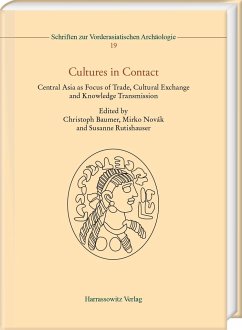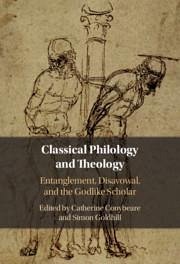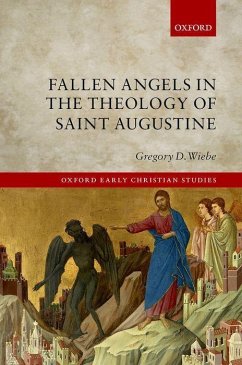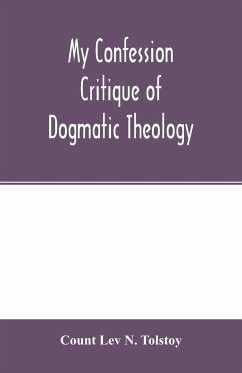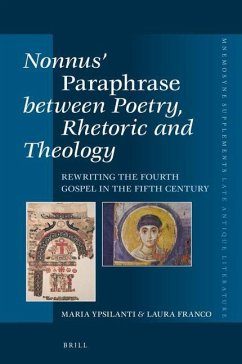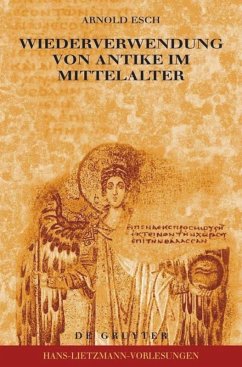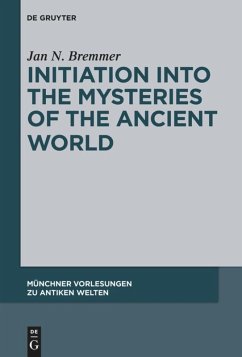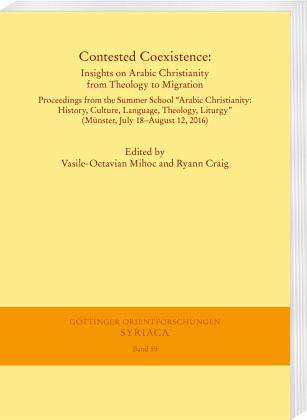
Contested Coexistence: Insights on Arabic Christianity from Theology to Migration
Proceedings from the Summer School "Arabic Christianity: History, Culture, Language, Theology, Liturgy" (Münster, July 18-August 12, 2016)
Herausgegeben: Mihoc, Vasile-Octavian; Craig, Ryann
Versandkostenfrei!
Nicht lieferbar
The theological discourse of Arab Christianity is characterized by a self-evident consideration of religious difference. In the constant cultural and religious exchange a specific Christian identity developed, which is not conceivable without Islamic influences and challenges. When in the middle of the 9th century Islam reached its classical form, also the Christian-Arab theology in its characteristic forms began to flourish in the new lingua franca et sacra in the House of Islam.The present anthology offers insights into various aspects of Arab Christianity from its early confrontations with ...
The theological discourse of Arab Christianity is characterized by a self-evident consideration of religious difference. In the constant cultural and religious exchange a specific Christian identity developed, which is not conceivable without Islamic influences and challenges. When in the middle of the 9th century Islam reached its classical form, also the Christian-Arab theology in its characteristic forms began to flourish in the new lingua franca et sacra in the House of Islam.The present anthology offers insights into various aspects of Arab Christianity from its early confrontations with Islam to the present day, such as: the early Christian reactions to rising Islam; translations of liturgical texts among the Melkites; theological education and religious practice among Eastern Syrian Christians in Qatar; comparative Christology among different Arab theologians; the medieval Islamic Kalam; inter-religious pilgrimage in late antiquity; pilgrims and administrators of holy sites in the Holy Land in the 14th century and the history of the Holy Land in the 19th century; Poetic lamentation among neo-Aramaic speaking Chaldean Christians in Northern Iraq; Christian mission in contemporary Lebanon; mystical traditions in an inter-religious comparative perspective; migration and inter-religious dialogue in Germany; resilience strategies among Syrian refugees; and finally contemporary inter-religious coexistence in the autonomous region of Kurdistan in Northern Iraq. Their common ground lies in the cultural and religious encounters between Christians and Muslims from different times and places. The title of the present volume alludes to the fact that the contributions differ in their topics, areas and methods.





